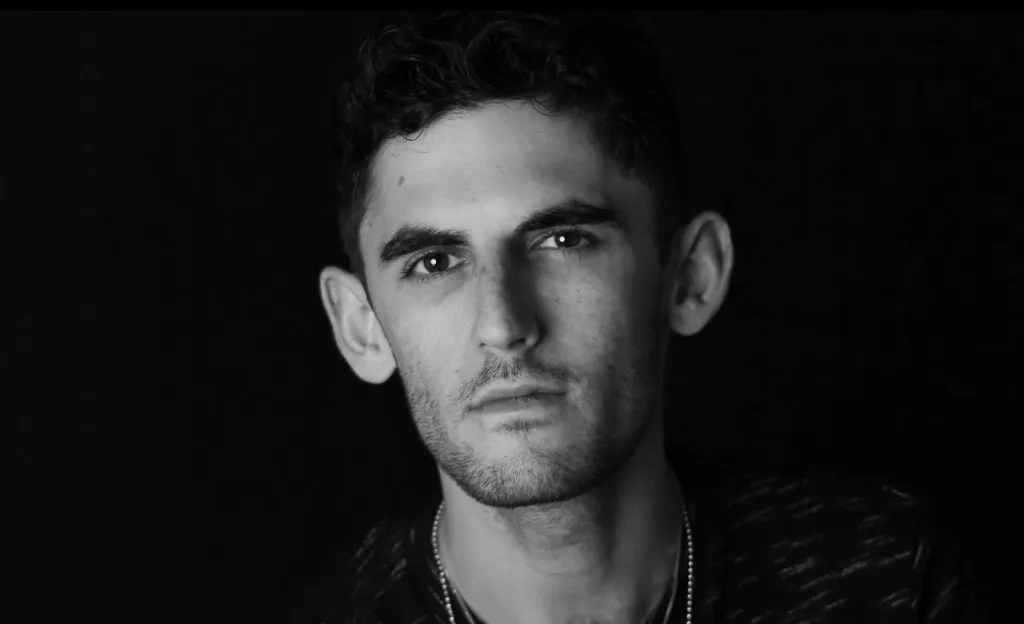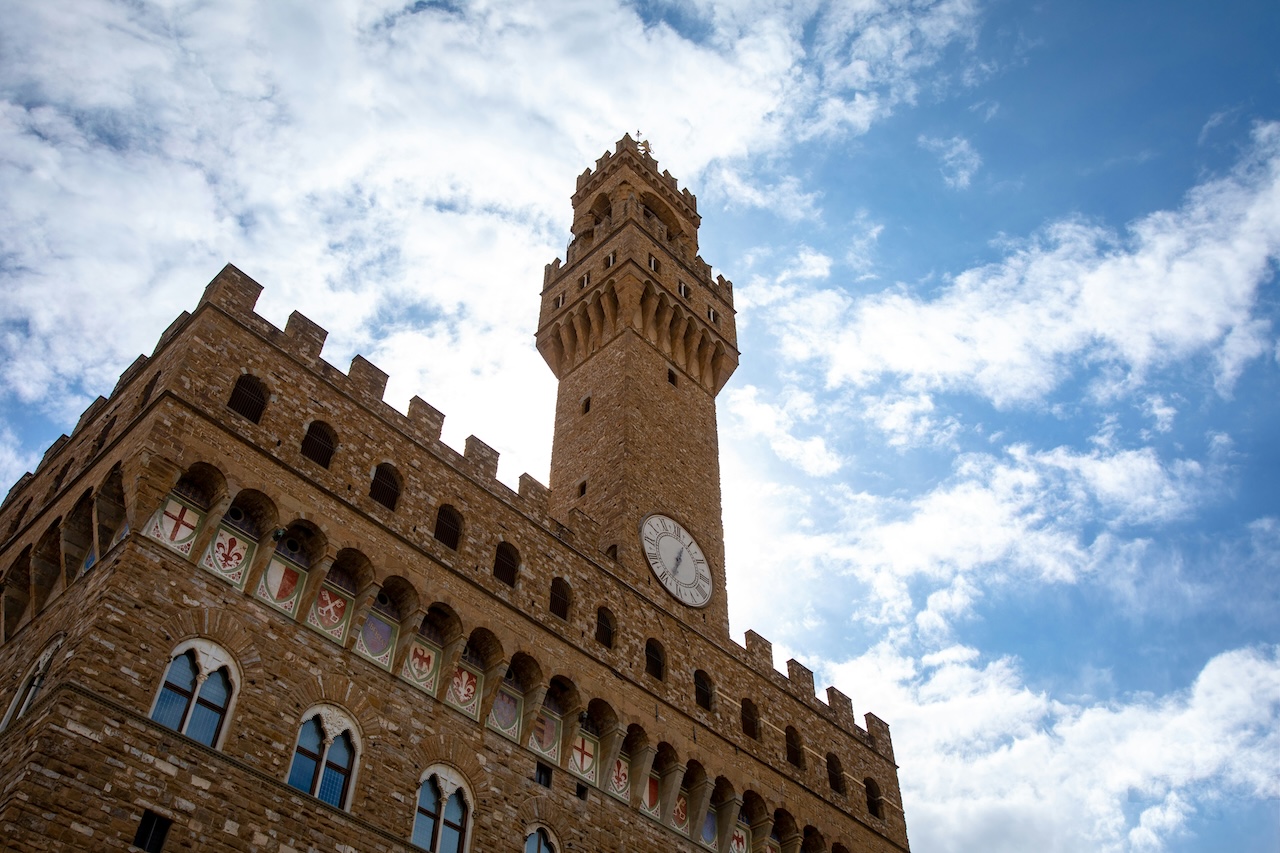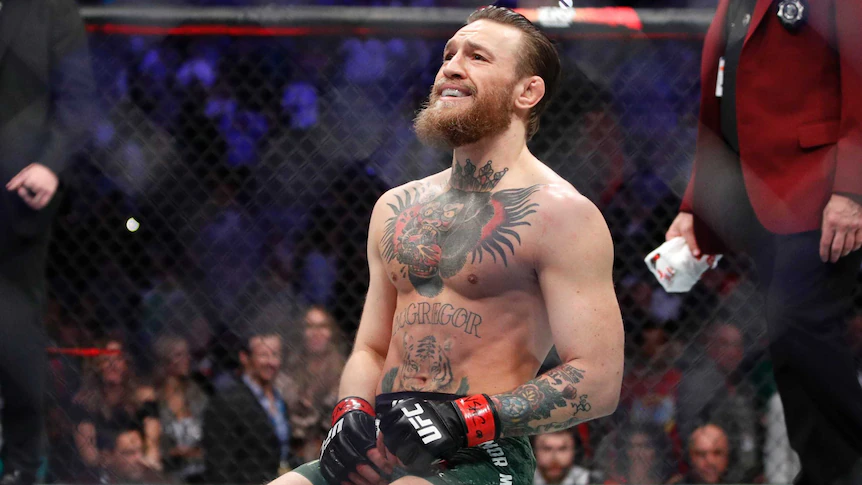
Shye Klein Weinstein didn’t see the shooters inside an Oct. 7, 2023, music festival in southern Israel that turned into a massacre.
But as Weinstein fled for his life with a cousin and his friends, he heard everything: the screaming and automatic gunfire that erupted not long after rockets began whizzing overhead.
“It was bad,” he recalled, “and it was on top of us.”
The Canadian-Israeli photographer, now 28, survived the sudden attack by Hamas, an Islamic militant and political organization designated a terrorist group by the U.S., that left 378 people dead and hundreds wounded at the festival site. Another 44 people were taken hostage.
The tragedy at the weekend-long, open-air Supernova Sukkot Gathering, or Nova music festival, was part of widespread violence across Israel that day that killed roughly 1,200 people. The coordinated assault triggered an ongoing war that has devastated the Gaza Strip, a Palestinian territory on the Israeli border, including its civilian population.
Nearly two years later, Weinstein is willing to speak about the worst day of his life to anyone who will listen, especially if he can visit schools and reach young people. He will appear at Old Dominion University for a free presentation Thursday.
“By speaking, I’m humanizing the experience, reminding people that these are real lives, not abstract figures,” he said in an email. “I want people to recognize both the fragility and resilience of human life.”
Survival has meant struggling with traumatic memories, deep sadness and anxiety over safety that Weinstein wants his audience to understand: “Most of all, I want them to feel a responsibility — not just to remember what happened, but to act against antisemitism and hatred wherever they encounter it.”
ODU’s Institute for Jewish Studies and Interfaith Understanding and student-led ODU Hillel are hosting Weinstein’s visit, in partnership with several off-campus organizations involved in educating people about Israel’s history and culture.
Weinstein’s story is an important personal glimpse behind the statistics and headlines, said Amy Milligan, endowed associate professor of Jewish studies at ODU and director of the Institute for Jewish Studies and Interfaith Understanding.
“It’s an opportunity to confront antisemitism and violence not as abstractions but as lived realities,” Milligan noted. “I hope the audience will leave with a heightened sense of moral responsibility and a recognition that bearing witness is, in itself, an act of solidarity and memory preservation.”
About 6:30 a.m. on the day of the attack, a DJ and warning siren alerted the audience to rockets in the air; those would strike multiple cities in Israel. Still feeling fairly safe, Weinstein and his group discussed whether to leave immediately or wait for traffic to clear.
Fortunately, they opted to head out, with Weinstein at the wheel. After hearing gunshots from the parking lot, they sped down a dirt road and eventually into an empty field, where they briefly ran away when their car came under fire. Ultimately, they escaped through a gap between a line of orange trees that led to a road.
On the trip back to Tel Aviv, the group saw dozens of bloodied bodies and vehicles riddled with bullets, Weinstein said. They later heard reports of brutal sexual assaults at the Nova festival as well.
As soon as Weinstein developed his film from the concert, he posted pictures on social media to learn if the people he’d met were safe. Of the 54 individuals in his photos, 52 were still alive, but two — Dor Avitan, 26, and Ran Shefer, 48 — had been killed.
“My photograph of them was the last photo of their smile and joy that exists in the world,” Weinstein wrote in an online remembrance.
He immediately began media appearances, followed by long tours in the U.S. and Canada. He also is working on “Beyond the Supernova,” a portrait exhibition to capture the journeys of more than 2,000 fellow festival survivors.
“Speaking is cathartic because it gives me a way to channel what I went through into something constructive,” he said. “But I’ve also become numb in some ways. It’s not easy to retell the hardest moments of my life over and over. Still, I believe it’s necessary.”
Milligan agreed: “(Weinstein) shares a story that bridges communities. His photography and stories bring global events into sharp focus and remind us of the urgency of confronting contemporary antisemitism and hate.”
Alison Johnson, ajohnsondp@yahoo.com
____
If you go
When: 7 p.m. Thursday
Where: Newport News Room, Webb Center, Old Dominion University, 1301 W. 49th St., Norfolk



